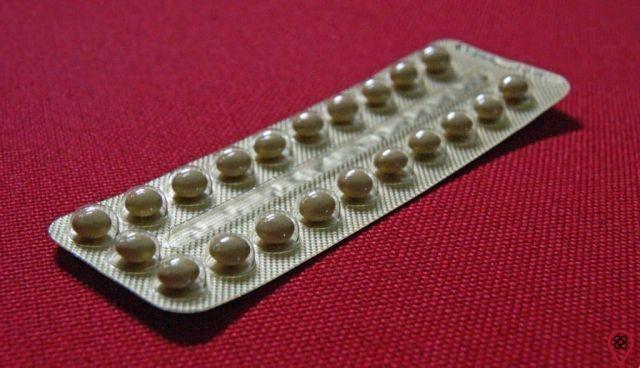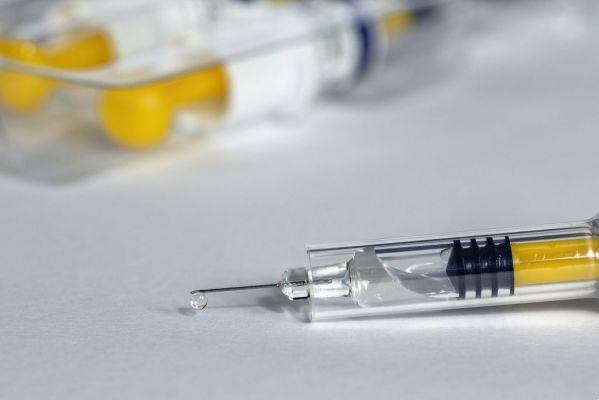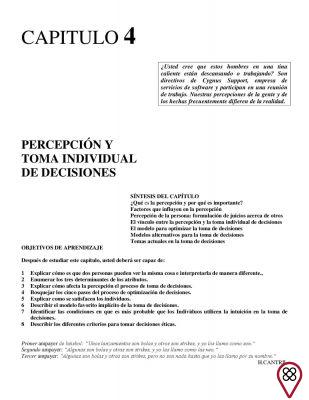After a woman menstruates for the first time, she is ready to become pregnant in most cases. Not all of them start their sex life right after this period, but those who are sexual may feel more like having sex over time.
Without proper sex education, however, many women who are heterosexual or bisexual and are in relationships with men are at risk of becoming pregnant or of contracting STIs, Sexually Transmitted Infections.
With reliable information, however, they will be able to find contraceptives that significantly reduce the chance of having a fertilized egg, and some that can protect them against disease. Next, discover a universe that goes far beyond the contraceptive pill!
Hormonal contraceptive methods
One of the ways to prevent a woman from ovulating and, consequently, having a chance of getting pregnant, is to control the production of hormones in her body. So, hormonal contraceptive methods will prevent the woman from going through ovulation, guaranteeing up to 99% protection against a possible pregnancy. See what they are!

oral contraceptive pill
The oral contraceptive pill, also called the contraceptive pill, is one of the most common methods to prevent pregnancy, from the release of estrogen and progesterone in the woman's body. It must be recommended by a gynecologist, and only then be ingested by mouth daily. With it, it is possible to stop menstruation, and it is also used to treat some diseases in the uterus.
contraceptive patch
The contraceptive patch releases small daily doses of hormones into a woman's body when it comes in contact with her skin. So, just apply it to some region of the body, such as the upper part of the buttocks, back, lower belly or outer part of the arm. It is kept on the skin for 21 days and must be indicated by a gynecologist.
Contraceptive implant
The contraceptive implant is a good option for those who cannot remember to take the contraceptive pill and for those who do not want to have a patch, even if discreet, on their body. Recommended and applied by a gynecologist, the implant is a small stick that will be inserted under the skin of one of the woman's arms, releasing doses of hormones daily. It lasts up to three years and is imperceptible on the skin!
contraceptive chip
Although many people look for it by the name of contraceptive chip, this contraceptive method is the contraceptive implant, which was explained in the topic above. It is important that you know that it is not an electrical device, and that it can be removed from your body at any time if you wish.
contraceptive ring
Among the hormonal contraceptive methods there is also the contraceptive ring, or vaginal ring. It is a ring that must be inserted into the vaginal canal once a month. It will release hormones daily, acting like the birth control pill, but in a more localized way. As it is a hormonal method, it must be recommended by a gynecologist, but it can be applied by anyone, at home.

contraceptive injection
For those who are not afraid of needles, the contraceptive injection is a method that works like the contraceptive pill, with the release of hormones in the body. However, the injection will be given by a gynecologist, monthly or quarterly. You need to perform a monthly control of the use of the injection, to ensure that your body continues to function normally with it.
Pill of the next day
The morning after pill should not be used routinely as a contraceptive method. It is a form of emergency contraception, for when there is a problem and sexual intercourse takes place in an unprotected way. It acts on the body only if ingested within 72 hours after sexual intercourse, but it does not have an abortifacient action. So, if the egg has already been fertilized by the sperm, it will have no effect. In addition, it can only be ingested once a month at most, or it will lose its effectiveness.
SIU mirena by kyleena
The IUS is the hormonal IUD. IUD is an intrauterine device that will be explained later, and the IUS is the hormonal version of it. There are mirena and kyleena options, each of which contains a certain amount of hormones. The chosen option will be introduced into the woman's uterus, and hormones will be released there. So, there is no need to take a birth control pill daily, as the protection is always in your body.
Natural contraceptive methods
Natural contraceptive methods are often understood as contraceptive methods that do not take hormones. There are also methods that do not depend on a tool or an accessory, and you will get to know each of them below. Note that one of them still needs a medical recommendation and follow-up to be used!
contraceptive IUD
The IUD, which was mentioned above, can be made of copper or silver and, in these cases, it will not release hormones in the woman's body. All versions of it are available in a mini version, for women who have never had children or who have a small uterus. Both copper and silver IUDs act as a barrier method, which causes inflammation in the uterus and makes it difficult for sperm to reach the egg. However, silver can reduce bleeding, which is intensified with copper. Both must be inserted and observed by a gynecologist.
contraceptive sponge
The contraceptive sponge is a little-known method, but it guarantees prevention against pregnancy by being a barrier to sperm. It must be inserted into the vaginal canal up to 24 hours before sexual intercourse with a man. From there, she will release spermicide into the body, absorbing the sperm before it reaches the uterus. It can be applied at home and does not need a doctor's recommendation.

contraceptive diaphragm
The diaphragm is a barrier contraceptive, which prevents sperm from reaching the uterus to fertilize the egg. It is like a small silicone cup, which will be inserted at the entrance of the uterus, through the vaginal canal. It is recommended to apply spermicide to the edges of the object, as an extra prevention. The diaphragm must be kept in the body for up to six hours and removed within 24 hours. It doesn't need to be applied by a gynecologist and it's comfortable!
male contraceptive
The only male contraceptive, that is, that can be used by a man, is the male condom. She and the female condom are the only contraceptive methods that protect against STIs, so it is recommended that you always use one of them to prevent pregnancy and serious illness. The male condom must be placed on the erect penis, at the time of intercourse, removing the air inside it. The female condom must be inserted into the vaginal canal, leaving the other end out. It is recommended for women who have sex with other women, protecting them from disease.
You may also like
- Here's Why Use Hormone-Free Birth Controls
- Update yourself on the main contraceptive methods
- Understand how the symptothermal method works
To choose the best contraceptive method, you can seek medical help. It is important that you understand how your body works and how it can react to each way to prevent pregnancy. Don't feel ashamed to take care of your health! Remember: the best contraceptive for you is what makes you feel good and safe. Take care of yourself!

























